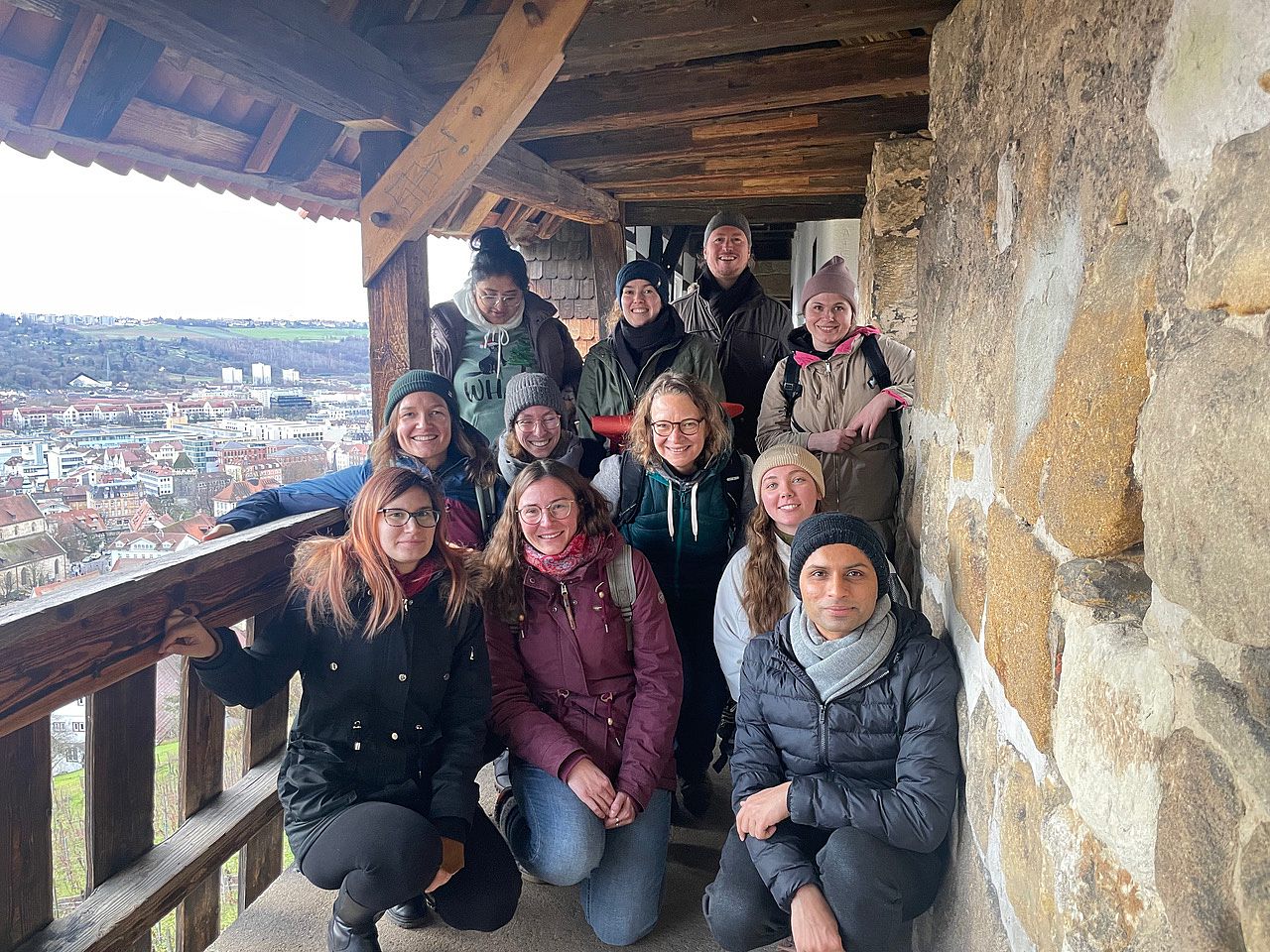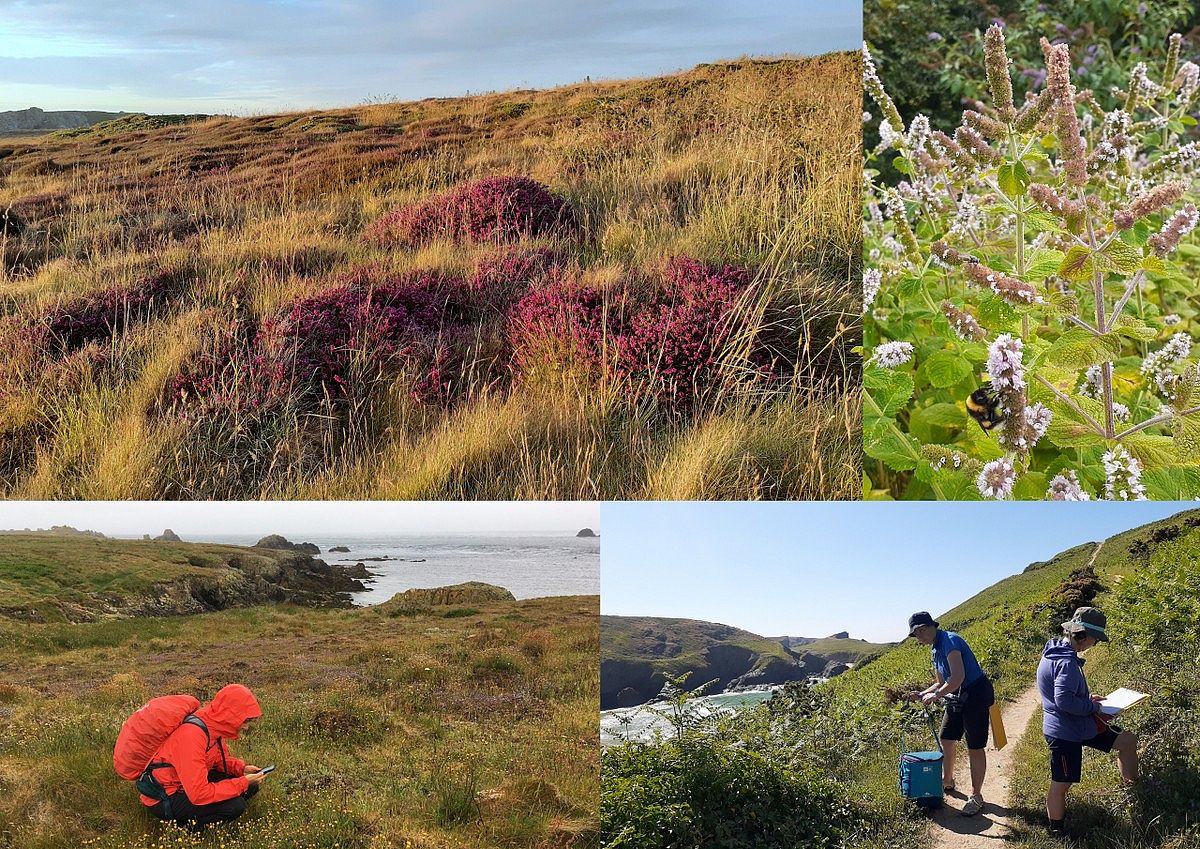We study the ecology and evolution of host-parasite interactions. In particular, we are interested in the ecology and evolution of emerging diseases. Using rapidly evolving RNA viruses that infect the community of pollinating insects, we study the ecological and genetic risk factors that may lead to disease emergence in this system. Our work focuses on viral sequence evolution and the dynamics of pathogen adaptation, for example studying the evolutionary drivers of viral host range.
Our main study system are the fast-evolving viral parasites of pollinating insects such as bumblebees and hoverflies. With this natural system, we are asking fundamental questions such as identifying ecological and genetic risk factors that promote the emergence of novel diseases. As healthy pollinators are crucial for all flowering plants, our research is also motivated by the potential to improve conservation biology and agriculture, for example collaborating with the Eden Project. Within this framework, we study the importance of honeybee pathogens and parasites for bumblebees, the influence of pathogens on pollinator ecology in India, disease emergence and sustainable pollination in China and effect of environmental antibiotics on bee fitness and evolution and mobilisation of antimicrobial resistance.
Our core focus is currently on projects exploring the effects of environmental change on disease transmission and effects:
- How the acquisition of vector-borne transmission affects the epidemiology and evolution of pathogens (ERC consolidator project BeePath)
- The effects of land-use intensity on pollinator health (DFG project HealthyPollination)
- The effects of agri-environment schemes on disease transmission dynamics in pollinators (BBSRC-funded project)
For more information on bee viruses, please feel free to watch this presentation by Lena Wilfert.
https://vimeo.com/venueav/download/603742548/05d6df8eda


